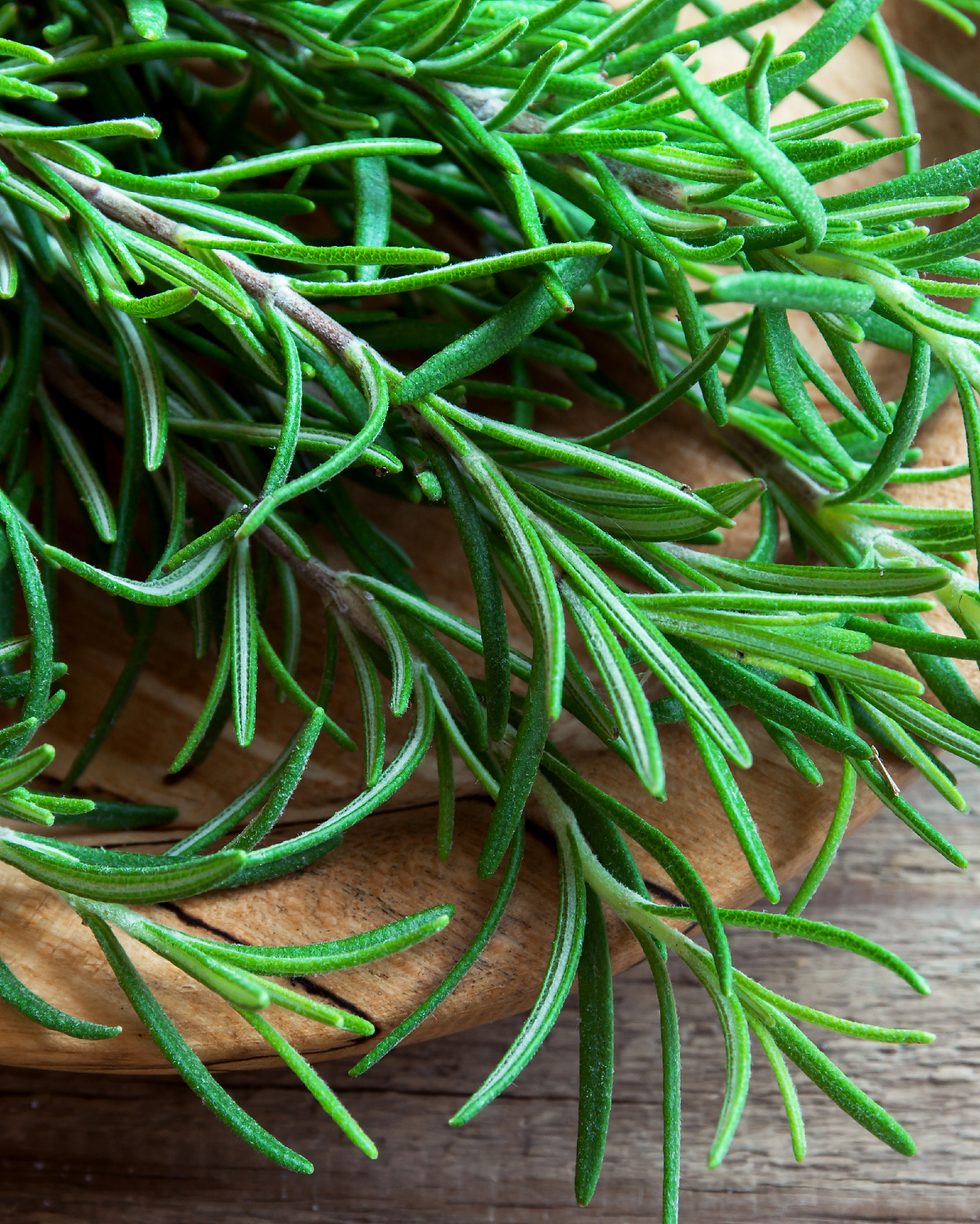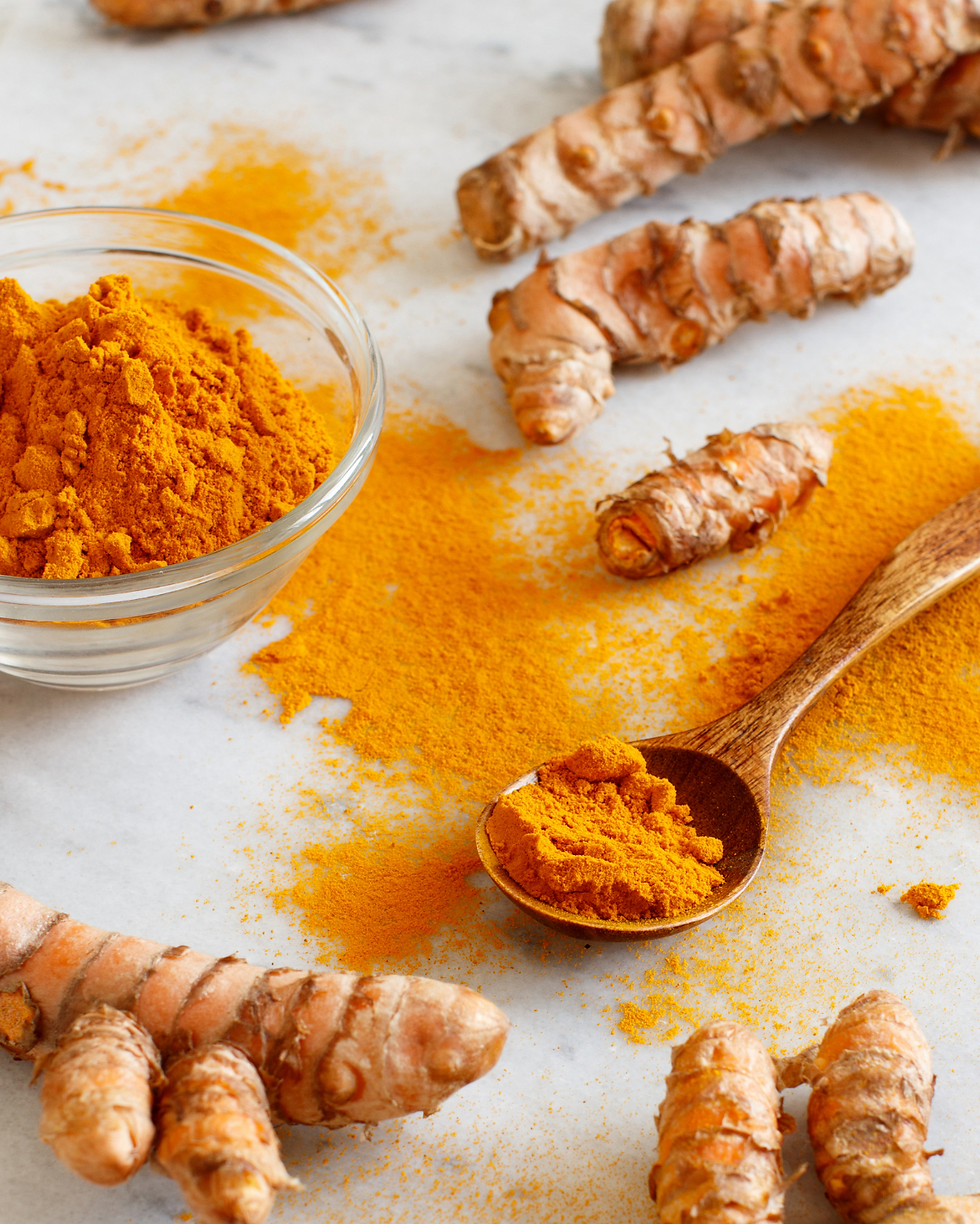Top 10 Medicinal Herbs You Need in Your Home Garden
- Roshelle Zielinski
- Sep 10, 2025
- 5 min read
Medicinal herbs have been cherished for centuries for their health benefits. As interest in natural remedies and sustainable practices increases, many people are discovering the joy of cultivating these potent plants in their home gardens. Growing your own herbs not only provides access to natural healing but also adds beauty to your outdoor space and can enhance your meals. In this post, we’ll explore ten essential medicinal herbs that you should consider adding to your garden.
1. Basil
Basil is more than just a superstar in the kitchen; it is also packed with health benefits. Known for its anti-inflammatory and antibacterial properties, basil can help reduce stress, improve digestion, and aid respiratory issues. Studies show that basil contains compounds like eugenol, which may help lower inflammation.
This herb thrives in warm weather and can be planted in pots or directly in the ground. Make sure it gets at least six hours of sunlight daily. Regularly trimming basil can lead to denser growth and more flavorful leaves.

2. Lavender
Lavender is not only beloved for its soothing fragrance but also for its numerous health benefits. This herb helps reduce anxiety, improves sleep quality, and mitigates headaches. Research indicates that lavender essential oil can decrease anxiety levels by up to 50%.
Lavender does best in well-drained soil and full sunlight. It can adapt to various climates, making it an excellent choice for any garden. Additionally, its beautiful purple flowers attract beneficial pollinators, promoting your garden's overall health.

3. Peppermint
Peppermint is a versatile herb that shines in teas, desserts, and savory dishes. Known for its ability to ease digestive discomfort and alleviate headaches, peppermint is a must-have in any herbal garden. In clinical trials, peppermint oil has been shown to reduce IBS symptoms by 40% in participants.
This herb grows vigorously, so it's wise to plant it in containers to control its spread. It thrives in partial shade and requires moist soil, which makes it easy to care for.

4. Echinacea
Echinacea, commonly known as coneflower, is famous for its immune-boosting effects. It is frequently used to stave off colds and flu while reducing inflammation. Research has shown that taking echinacea can decrease the chances of catching a cold by 58%.
This hardy perennial is easy to grow and can adapt to various soil types. Echinacea loves full sun and well-drained soil, and its vibrant flowers not only beautify your garden but also attract pollinators.

5. Chamomile
Chamomile is celebrated for its calming properties, making it a preferred choice for herbal teas. This herb can help with sleep disorders, digestive upsets, and skin irritations. Studies indicate that chamomile can improve sleep quality for nearly 70% of users who suffer from insomnia.
Growing chamomile is simple, as it thrives even in poor soil and needs minimal care. It prefers full sun and can be directly sown into the garden. The delicate white flowers attract pollinators while adding charm to your landscape.

6. Rosemary
Rosemary is a fragrant herb that is often used in cooking, but it also offers various medicinal properties. It's known to enhance memory, boost mood, and support digestion. Research shows that rosemary may improve concentration by up to 15%.
This hardy herb prefers well-drained soil and full sunlight. Once established, rosemary requires little watering and can be grown in pots or directly in the ground. Its evergreen leaves provide a lovely green backdrop year-round.

7. Thyme
Thyme is an essential culinary herb with impressive health benefits. It contains antimicrobial properties that can help with respiratory issues and aid digestion. Studies have shown that thyme oil can inhibit the growth of harmful bacteria by up to 90%.
Thyme is drought-tolerant and thrives in well-drained soil and full sun. It can be grown as a container plant or as ground cover. Its tiny flowers are attractive to pollinators, adding diversity to your garden ecosystem.

8. Sage
Sage is a powerful herb recognized for its anti-inflammatory and antioxidant features. It can improve digestion, boost memory, and help ease sore throats. Some studies suggest that sage may improve cognitive function in older adults by as much as 30%.
This resilient herb thrives in well-drained soil and full sun. Sage is easy to grow, whether in pots or directly in the ground, and its gray-green leaves and purple flowers enhance the garden's aesthetic.

9. Ginger
Ginger is a well-known medicinal herb frequently used to ease nausea, improve digestion, and reduce inflammation. An extensive study found that ginger could reduce nausea symptoms in pregnant women by more than 70%.
Ginger prefers warm, humid conditions and well-drained soil. It grows well in partial shade and requires frequent watering. Once harvested, ginger can be used fresh, dried, or ground in a variety of culinary delights.

10. Turmeric
Turmeric is famous for its anti-inflammatory and antioxidant properties, often used to promote joint health and overall wellness. Some studies indicate that curcumin, the active ingredient in turmeric, can reduce arthritis symptoms by up to 50%.
Turmeric thrives in a warm climate with well-drained soil. It can be planted in containers or directly in the ground and requires regular watering. Harvest the vibrant yellow rhizomes for use in cooking, either fresh or dried.

Your Journey in Herbal Gardening
Cultivating medicinal herbs in your home garden is a fulfilling journey that can significantly benefit your health and well-being. From calming teas to flavorful meals, these herbs provide a wide range of advantages. By growing your own medicinal plants, you'll gain access to natural remedies while promoting a more sustainable lifestyle.
No matter the size of your garden or balcony, there's always space for these powerful plants. Begin your herbal gardening adventure today and experience the multitude of benefits these medicinal herbs have to offer!





Comments